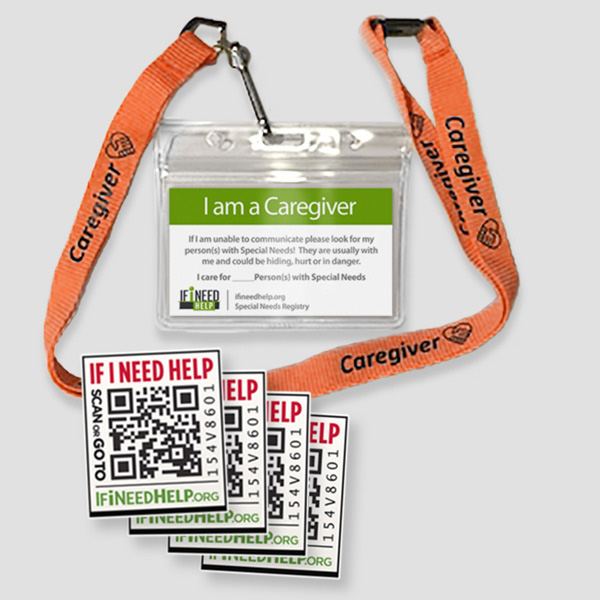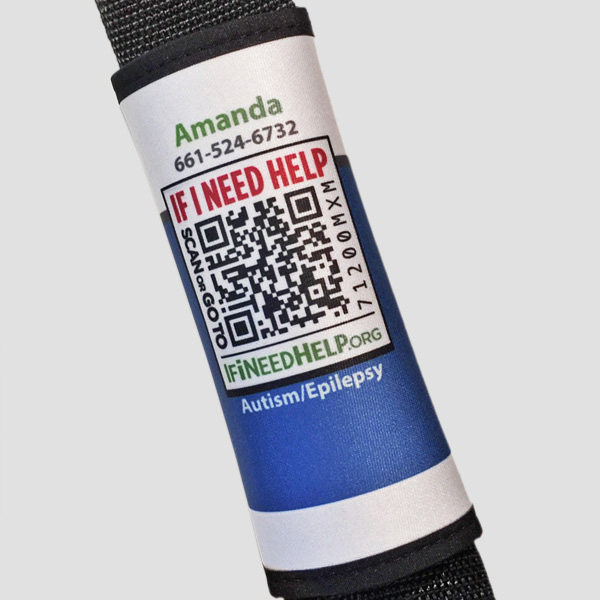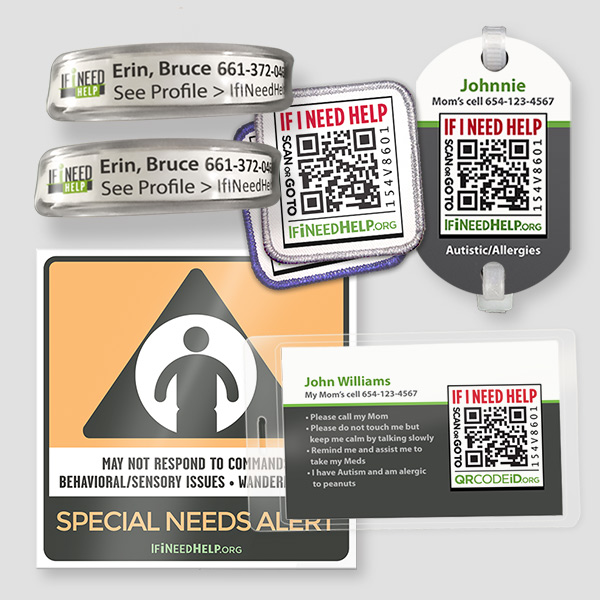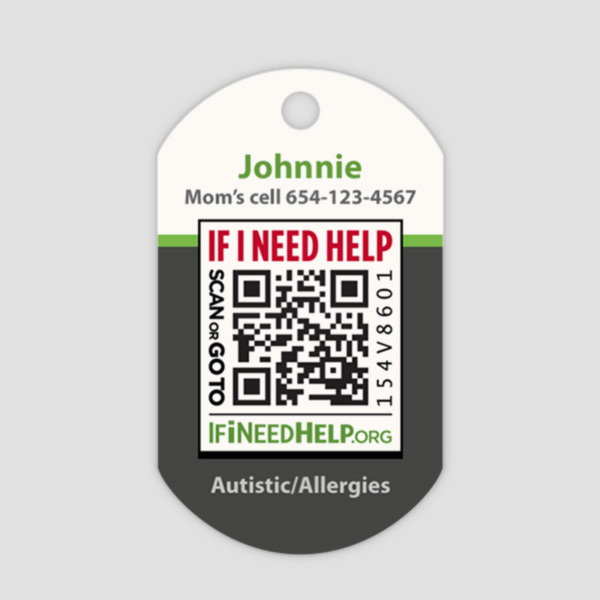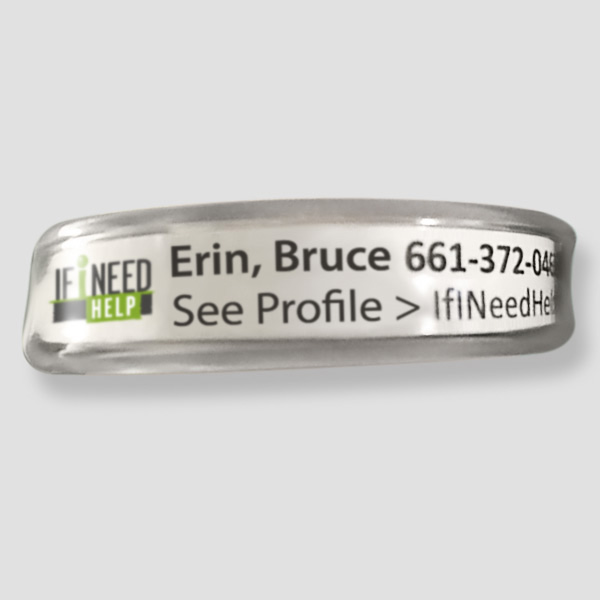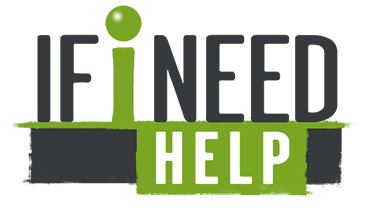The first step
Talk to your doctor or health care provider about potential signs and symptoms of autism. They can then refer you to an autism specialist for further evaluation and diagnosis. This evaluation will typically include assessments of social, communication, cognitive, and behavioral skills. It may also involve interviews with family members or other close contacts who have seen the person display behaviors associated with autism.

